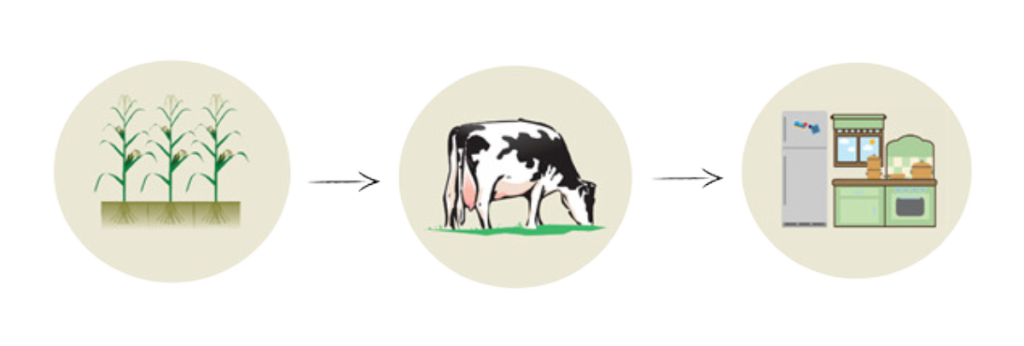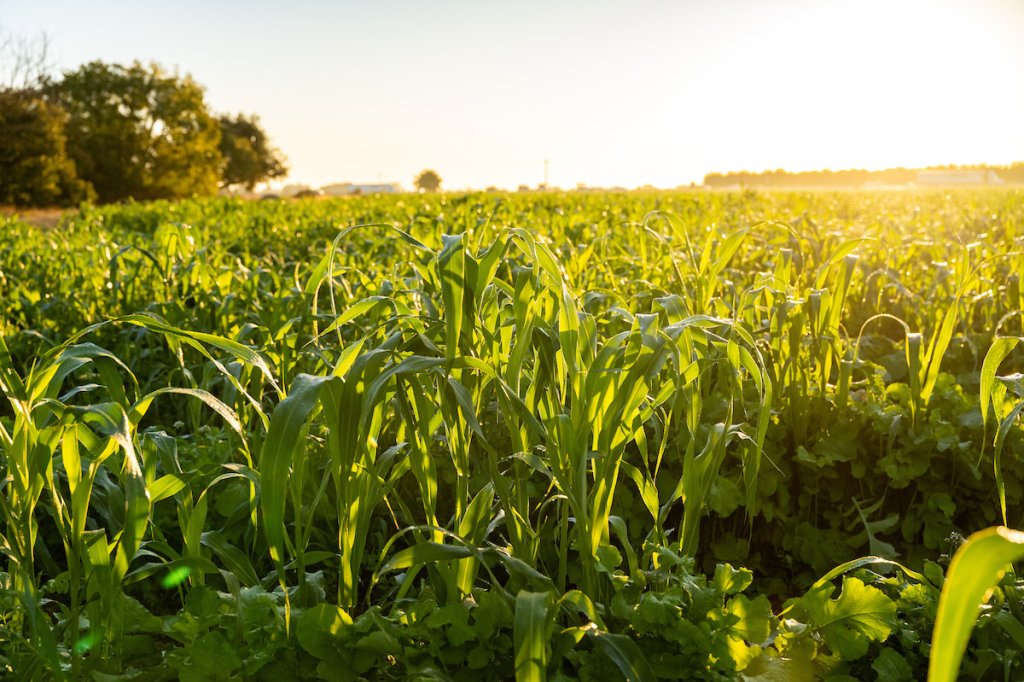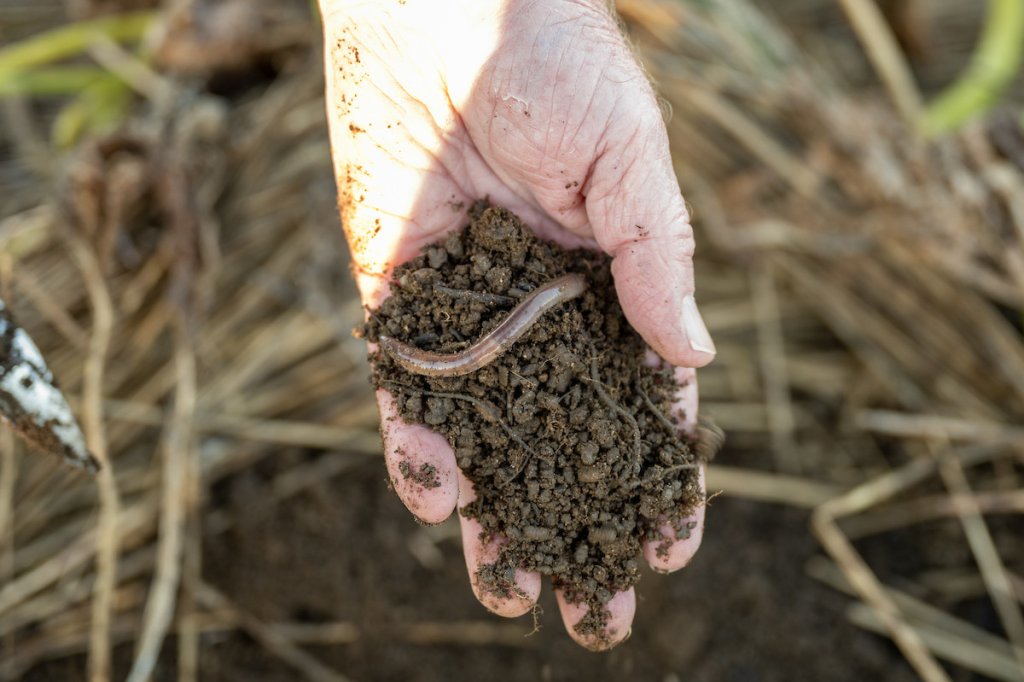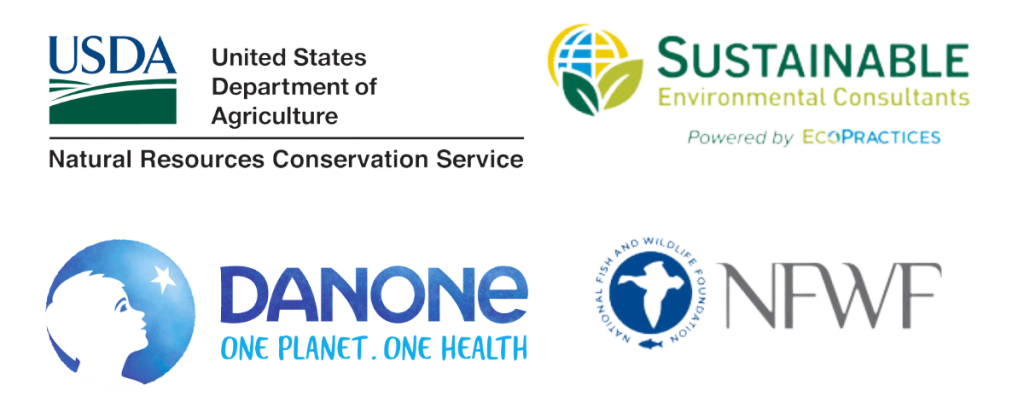Soil Health for Dairy Suppliers
Increasing the resiliency and profitability of dairy supply chain operations while reducing their environmental footprint
AFT is working with partners, including Sustainable Environmental Consultants, the National Fish and Wildlife Foundation, and the Natural Resources Conservation Service. Together, our partnership hopes to better understand the impact of combinations of conservation practices within farm management systems on overall soil health, water quality, emissions, and farm profitability. We hope this understanding will increase farmer productivity and profitability, improve resiliency to extreme weather, and provide environmental benefits.
Focusing on western Ohio—Mercer, Paulding, Van Wert, Allen, Auglaize, Logan, and Hardin counties—and the entirety of western Kansas, AFT will conduct one-on-one farmer engagement, benchmarking of farm practices, development of continuous improvement plans, and implementation of improved soil health management practices. A feed-shed analysis will be conducted to identify where priority farmers are located in the project area.
Farm to Fridge: Sustainability Starts with Soil Health
Sustainable farming practices, such as cover crops and reduced tillage, when used within a management system, can improve the overall resilience of crops. Crops grown in a sustainable system require fewer inputs, including fertilizers and additional water.
Conservation cropping systems result in higher grain yields with increased nutritional values, lowering overall costs.
Purchasing sustainably sourced products supports the continued implementation of conservation cropping systems, which promotes the use of such practices in farms and dairies.







